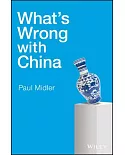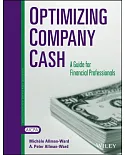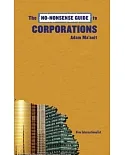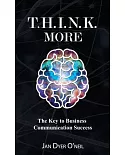"Criticisms of Mancur Olson’s theory of group membership and organizational behavior and discussions of the limits of his formulations are not new, but Terry Moe has set them forth in
thoroughgoing fashion, has elaborated and extended them, and has made positive new contributions. The result is a book that is valuable and constructive, one that may well revive interest in
the systematic study of political groups."—David B. Truman,American Political Science Review
"The Organization of Interests is a valuable addition to the literature. It reminds us that the interior life of groups has political significance and gives us a conceptual framework
for exploring that life. It balances nicely between the pluralists—who tend to interpret interest group behaviour entirely in political terms—and Olson—who has no satisfactory explanation for
behaviour that is not attributable to economic self-interest. In the concept of the entrepreneur Moe gives us a useful analytical device which deserves operationalization. The book is well
worth study."—A. Paul Pross,Canadian Journal of Political Science





















